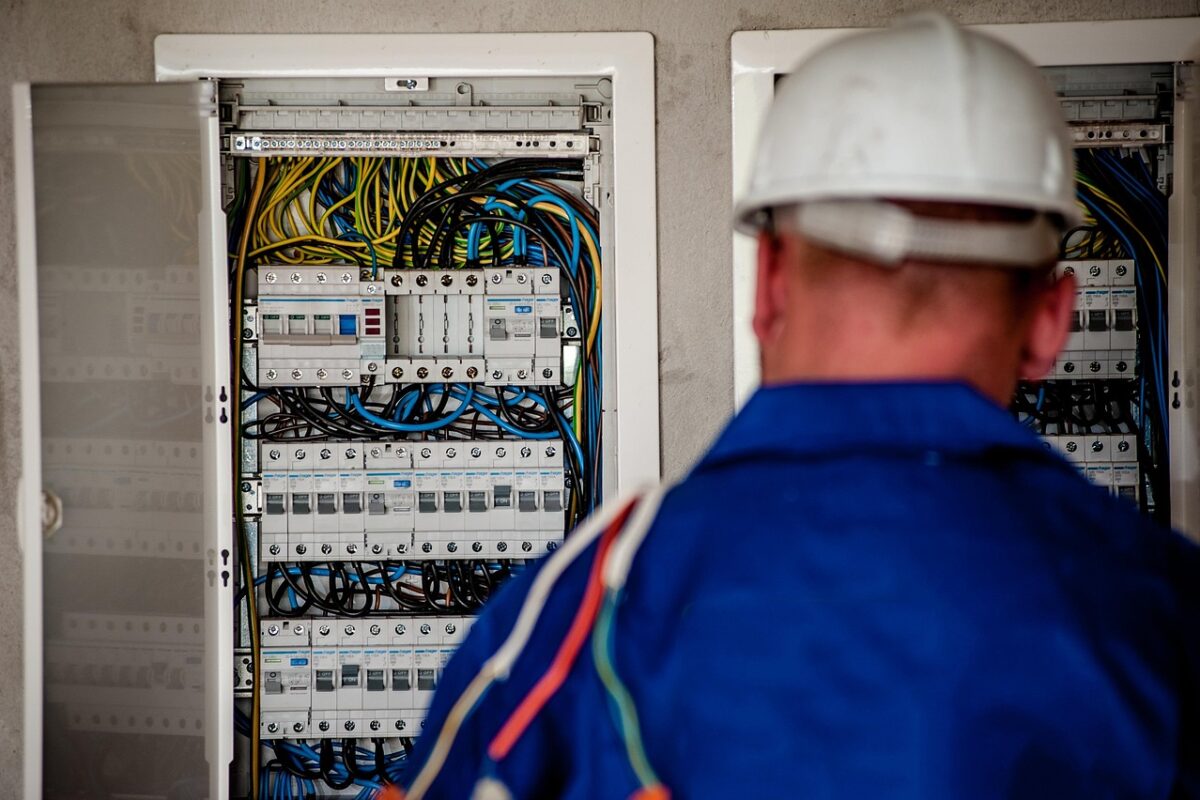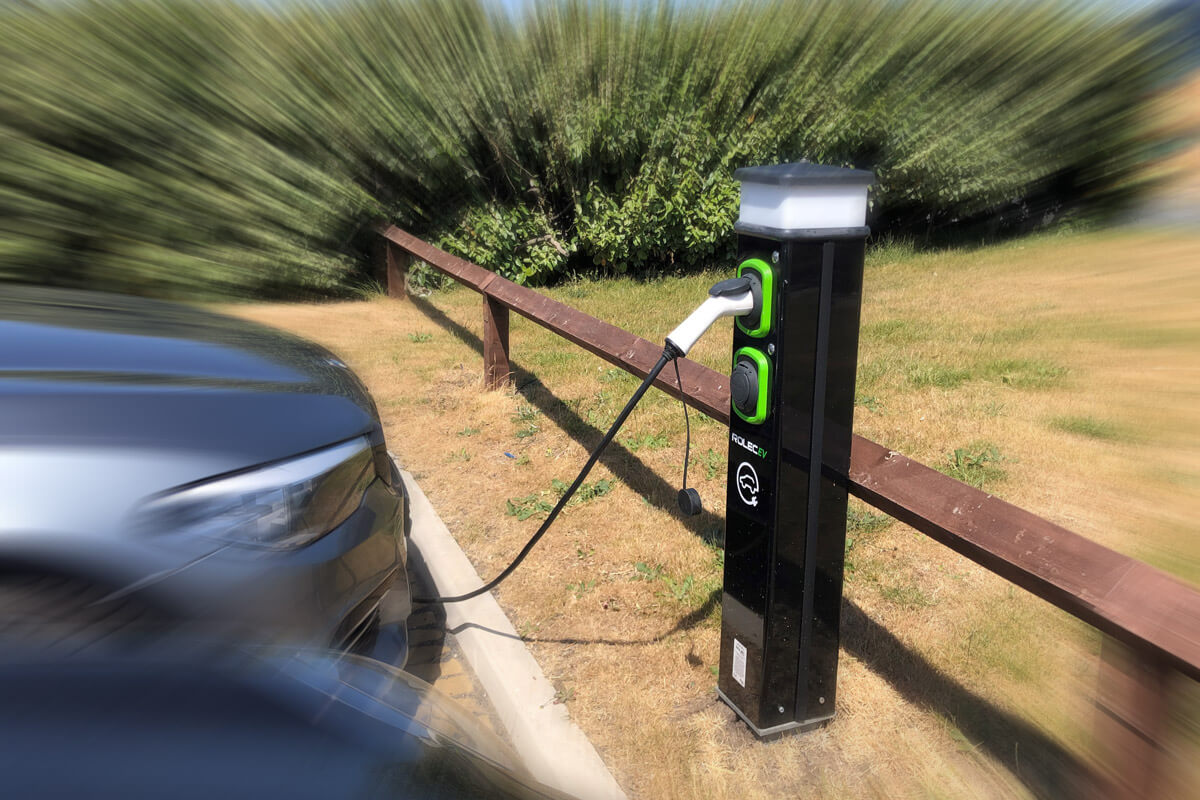The Unseen Benefits of Electric Cars: Debunking Negative Reporting in the UK
In recent years, electric cars have been subject to a barrage of negative reporting in the UK. Headlines often highlight their limitations, such as range anxiety, charging infrastructure woes, concerns about battery production’s environmental impact, and even their quietness posing risks to pedestrians. However, despite these critiques, the broader picture reveals that electric vehicles (EVs) offer substantial environmental benefits that far outweigh their drawbacks. It’s time to shift the narrative and focus on how electric cars are a crucial component in our fight against climate change.
Addressing the Criticisms
Range Anxiety and Charging Infrastructure:
One of the most common criticisms is the limited range of electric cars compared to petrol and diesel vehicles, coupled with an allegedly inadequate charging infrastructure. While it’s true that early models had limited ranges, modern EVs like the Tesla Model S and the Nissan Leaf now offer ranges that can comfortably cover most daily commutes and long-distance travel with proper planning. Additionally, the UK’s charging network is expanding rapidly. According to Zap-Map, there are now over 25,000 public charging points across the UK, with new ultra-rapid chargers being installed regularly.
Environmental Impact of Battery Production:
Critics often highlight the environmental cost of producing lithium-ion batteries, which are essential for EVs. The mining of lithium, cobalt, and other materials does have an environmental footprint. However, it’s crucial to consider the entire lifecycle of the vehicle. Studies have shown that despite the higher initial environmental cost, EVs produce significantly lower emissions over their lifetime compared to internal combustion engine vehicles. Furthermore, advancements in battery recycling and the development of more sustainable materials are set to mitigate these impacts even further.
Limited Lifespan and High Costs:
Another point of contention is the perceived limited lifespan of EV batteries and their high replacement costs. In reality, battery technology has advanced to the point where modern EVs come with warranties of up to eight years or 100,000 miles. Additionally, the cost of batteries is decreasing as technology improves and economies of scale come into play. According to BloombergNEF, battery prices have fallen by 89% in the past decade, making EVs increasingly affordable.
Quietness and Pedestrian Safety:
A unique criticism of electric cars is that they are too quiet, posing a potential risk to pedestrians who might not hear them approaching. This concern, particularly relevant for visually impaired individuals, has been addressed through regulatory measures. For instance, the UK and the EU have mandated that all new electric and hybrid vehicles must emit artificial sounds at low speeds to alert pedestrians. This ensures that the safety of all road users is maintained while still reaping the benefits of reduced noise pollution.
What isn’t portrayed in the media about electric vehicles.
Reduction in Greenhouse Gas Emissions:
The primary environmental benefit of EVs is their potential to reduce greenhouse gas emissions. According to a report by the European Environment Agency, electric cars emit about 17-30% less CO2 than petrol and diesel cars over their lifecycle, even when accounting for battery production. As the UK grid continues to incorporate more renewable energy sources, the emissions associated with EVs will decrease even further.
Air Quality Improvements:
Electric cars produce zero tailpipe emissions, which means they do not emit pollutants like nitrogen oxides (NOx) and particulate matter (PM). These pollutants are major contributors to air pollution, which causes thousands of premature deaths in the UK each year. By switching to electric cars, we can significantly improve air quality, especially in urban areas.
Noise Pollution Reduction:
EVs are much quieter than traditional vehicles, reducing noise pollution, particularly in cities. This can have a positive impact on urban living conditions, making cities more pleasant places to live and reducing stress levels among residents. The implementation of artificial sounds at low speeds further ensures pedestrian safety without compromising on the quietness that benefits urban environments.
Energy Efficiency:
Electric vehicles are more energy-efficient than internal combustion engine vehicles. While petrol and diesel engines convert only about 20-30% of the energy from fuel into useful movement, electric motors convert over 77% of the electrical energy from the grid to power the wheels. This higher efficiency means less energy waste and a reduction in overall energy consumption.
A Call for Balanced Reporting
The narrative around electric cars in the UK needs a shift towards a more balanced perspective. While it is important to acknowledge and address the challenges associated with EVs, the overwhelming benefits they offer to the environment and public health cannot be ignored. Policymakers, journalists, and the public should focus on the long-term gains and support the transition to cleaner, more sustainable transportation.
Electric vehicles represent a vital step towards a greener future. By embracing and investing in this technology, we can reduce our carbon footprint, improve air quality, and create a more sustainable world for future generations. It’s time to look beyond the headlines and recognize the true potential of electric cars.



